DevOps
To stay ahead of the curve, companies need to deliver and operate at a speed faster than the pace of disruption.
From idea to value for the customer. Faster then ever.
On average today, organizations launch two or three new products or services per year, each taking up to 8 months to get to the market. That is no longer fast enough.

Continuous
integration
Continuous Integration is a software development practice where developers integrate code into a shared repository several times a day. Each integration is verified by an automated build and automated tests to detect integration errors as quickly as possible.

Continuous
delivery
This practice ensures that the code changes are automatically bug-free, tested, and ready for deployment to production. However, the deployment process is manual.

Continuous
deployment
This extends Continuous Delivery by automatically deploying all changes to production without manual intervention, once they've passed all stages of your production pipeline.
Ready to shift to Continuous Delivery?
Increased automation
React quickly to emerging competition. Gain faster time to market and deliver new capabilities more frequently.
Increased quality
Deliver reliable, high-quality software that creates a differentiated experience for the customer and improved revenue opportunities for your organization.
Reduced risk
Every company is unique, and the optimal IT delivery model has to be tailored to the organization - balancing business value, risks and technical feasibility.
Reduce time-to-market by up to 23%






Minimize product recalls with automated testing

Unit testing
Unit testing is the process of checking small pieces of code to ensure that the individual parts of a program work properly on their own.

Regression testing
Regression testing is performed to determine if code modifications break an application or consume resources.

Integration testing
Integration testing ensures that an entire, integrated system meets a set of predefined requirements.

Cross-platform testing
Cross-platform testing is used to determine the stability of an application in different environments.

Smoke testing
Smoke testing is used to aid the assessment of whether critical functions of the software appear to work correctly.

Sanity testing
Sanity testing is used after bug fixes to validate that no further issues are created after those changes.
DevOps transformation journey
Discovery
Our experts identify, gather and define current problems along with the requirements, requests and client expectations.
Strategy
The team helps you understand the potential of technology advances that drive continuous delivery.
Implementation
Enlight has the capacity to implement and run the tools necessary for upporting Continuous Delivery and DevOps.
Complementary capabilities
Enlight also provides complimentary services for faster delivery of quality software, including Agile, testing, security and cloud.






